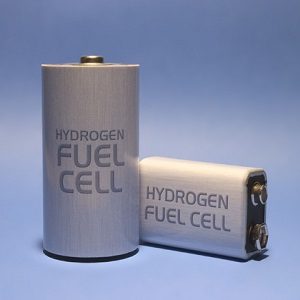Trends in the energy field
Trends in fossil fuel decarbonization
By 2030, it is projected that the proportion of fossil fuels used for energy will decrease to 40%.
Rapid increase in renewable energy
Renewable energy is expected to reach a new record of over 500 gigawatts by 2023.
Global shift towards green energy
The European Union confirms that the Green Deal 2030 will focus on minimizing carbon emissions, enhancing the utilization of renewable energy, and promoting environmentally friendly products.
Diverse energy conversion and storage systems
Various energy conversion and storage technologies are being implemented, such as Pumped Hydro Storage, Compressed Air Energy Storage (CAES), lithium-ion batteries, and hydro energy storage.
Hydro energy as a core, future trend
Hydro energy boasts a high specific energy density (approximately 143 MJ kg^-1), is environmentally friendly, and is combined with fuel cells to generate power for various applications.
Applications of green energy
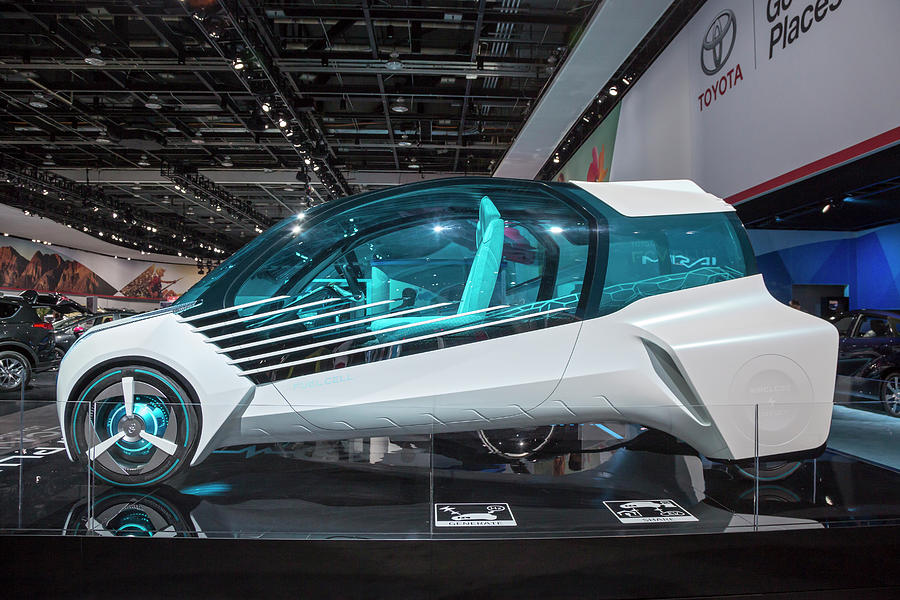
Hydrogen Fuel Cell Vehicles (FCV)s: Hydrogen-powered cars and buses are becoming more prevalent, offering a clean alternative to traditional gasoline and diesel vehicles.
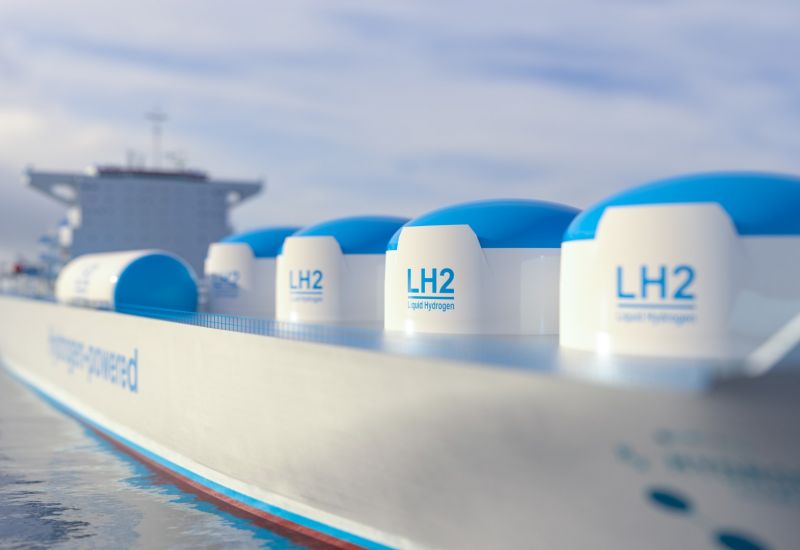
Shipping: Hydrogen is being explored as a fuel for maritime transportation, providing a sustainable option for large vessels.
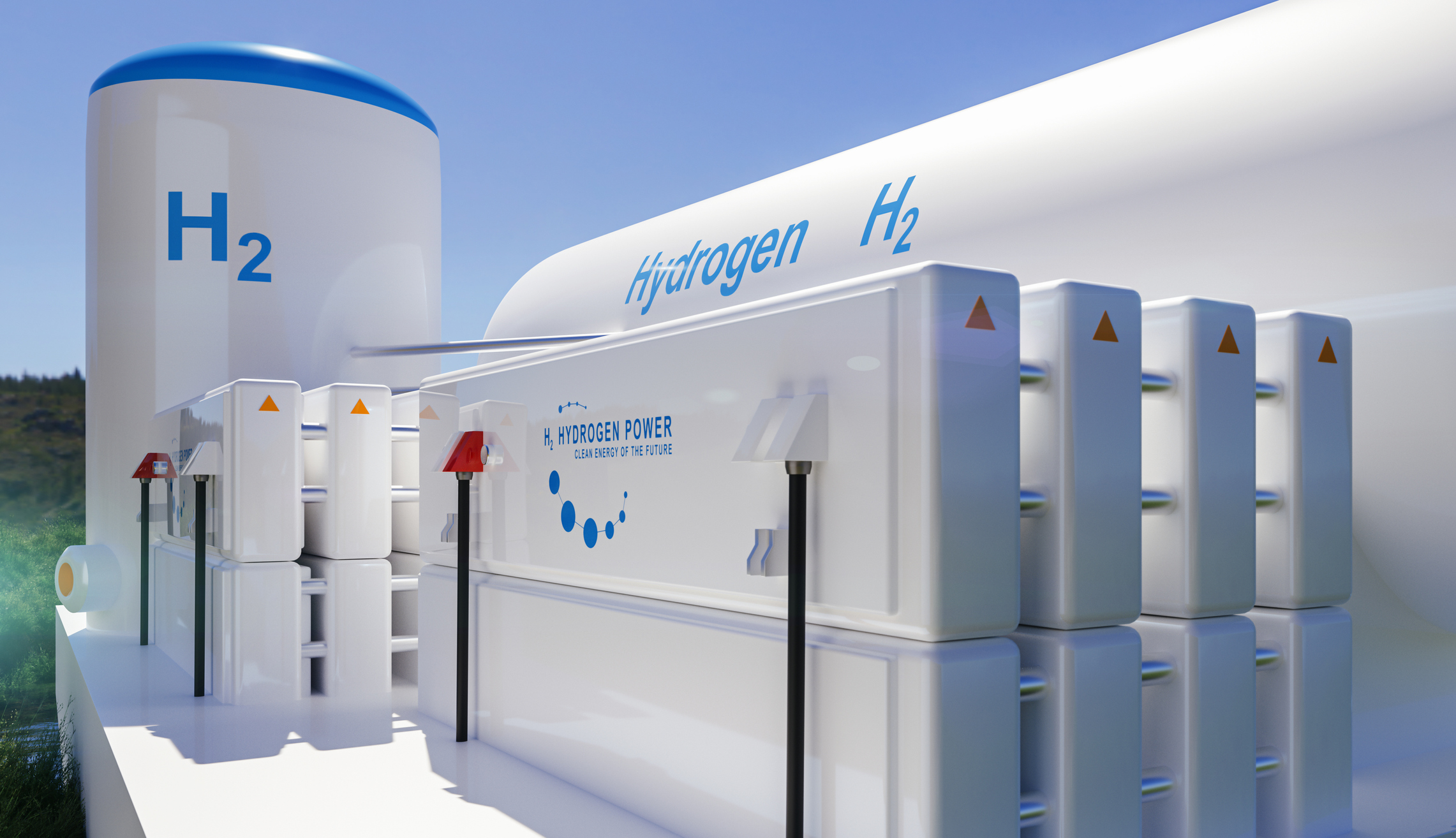
Hydrogen for Manufacturing: Hydrogen is used in industries such as steel and chemical production as a clean fuel and feedstock, replacing conventional fossil fuels.



Refining: Hydrogen is employed in oil refining processes to remove impurities and produce cleaner fuels.
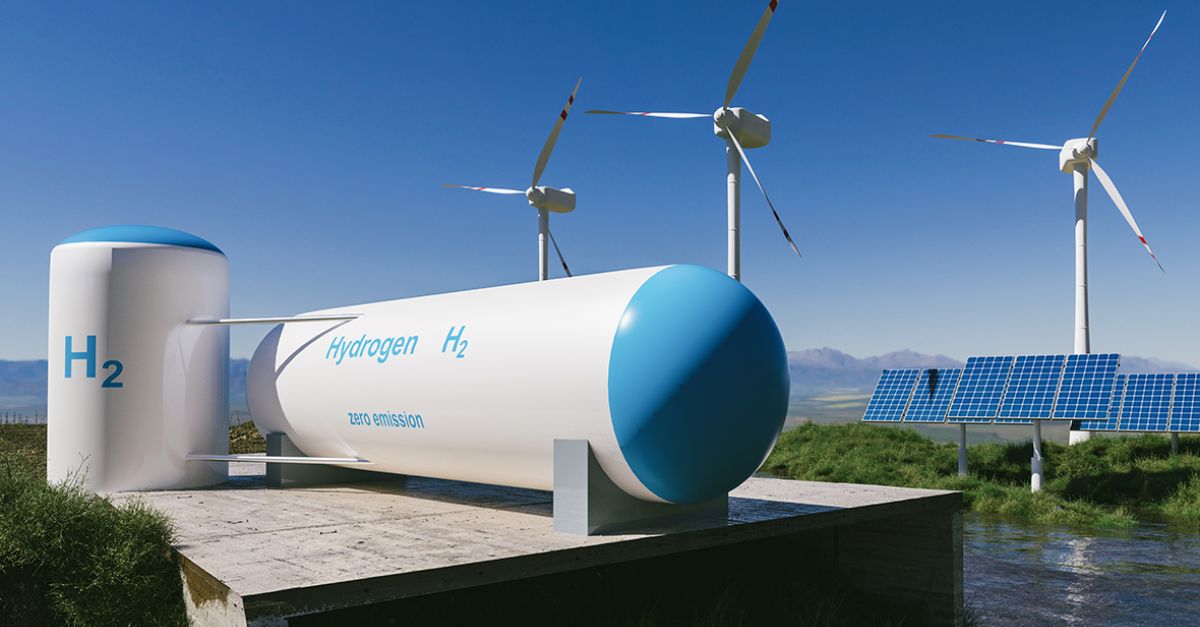

Hydrogen Power Plants: Power plants that utilize hydrogen fuel cells to generate electricity are being developed, providing a low-carbon alternative to traditional power sources.


Energy Storage: Hydrogen can be used for energy storage, helping to balance the intermittent nature of renewable energy sources like wind and solar.


Hydrogen-based Heating Systems: Hydrogen can be used in fuel cells for residential and commercial heating applications, providing a clean and efficient source of energy.


Aerospace: Research and development are ongoing for hydrogen-powered aircraft, aiming to reduce the aviation industry's carbon footprint.



Emergency Power: Hydrogen fuel cells are used as backup power systems for critical infrastructure, such as data centers and hospitals, ensuring continuous power during outages.
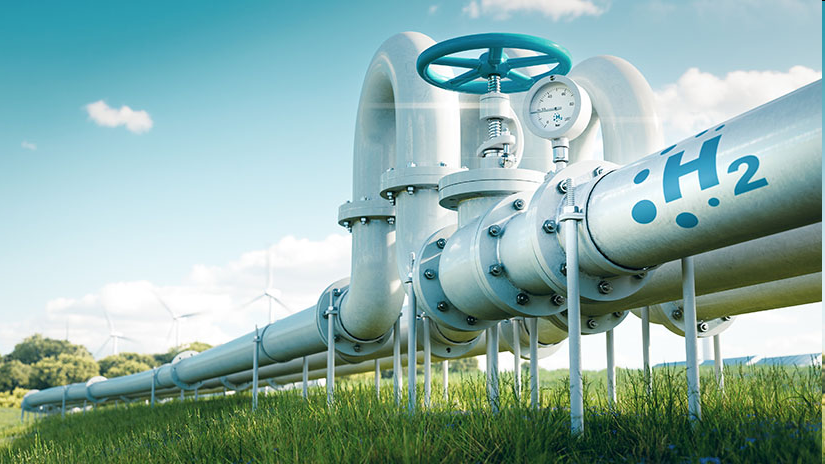
Hydrogen Infrastructure: Infrastructure is being developed for hydrogen refueling stations to support the growing fleet of hydrogen-powered vehicles.



Hydrogen in Industry: Hydrogen is a crucial component in the production of various chemicals, including ammonia and methanol, without the associated carbon emissions.


Remote Communities: Hydrogen can provide a sustainable energy source for remote or off-grid communities, where traditional power sources may be impractical.

